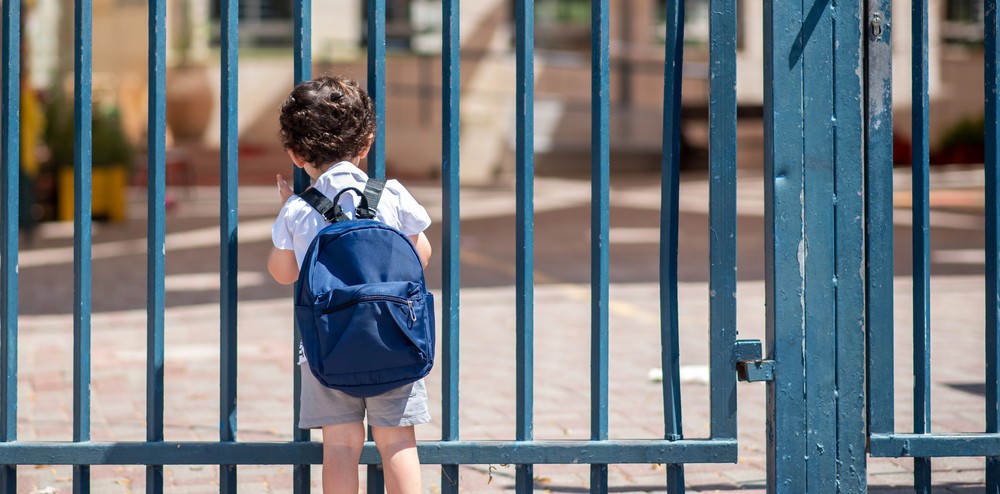A recent report authored by the Samuel Neaman Institute team addresses the topic of “Democracy as a Critical Infrastructure during a State of Emergency.” This study was carried out in partnership with the Minerva Center at the University of Haifa, and the National Emergency & Knowledge Center on “Safeguarding Democracy as an Essential Infrastructure in Emergency Scenarios.”
The report was authored by a team led by Prof. Eli Salzberger, who served as the former dean of the Faculty of Law at the University of Haifa and head of the Minerva Center. The team included Prof. Michael Birnhack from the Faculty of Law at Tel Aviv University, Attorney Dina Zilber – former Deputy Ombudsman, Dr. Yael Cohen-Rimer from the Faculty of Law at the Hebrew University, Prof. Reuven Katz from the Technion, Prof. Barak Medina, former rector of the Hebrew University, and Prof. Mordechai Kremnitzer from the Israel Democracy Institute and the Faculty of Law at the Hebrew University; Rinat Klein from SNI provided assistance to the team.
This document explores the intricate relationships between democracy, individual rights and emergencies. The authors acknowledge that acute crises, like natural disasters, pandemics or wars, may warrant deviations from both the formal facet of democracy – decision-making processes, and its substantive facet – individual freedoms, to enable a swift containment of the disaster and restoration of normalcy. However, the true strength of democracy lies in safeguarding individual rights during emergencies, and maintaining democratic principles can actually generate a faster and more effective exit from the crisis.
The authors contend that violations of individual rights and deviations from normal-times decision-making protocols during emergencies are justifiable only under specific conditions:
- The action is esstential to mitigate the emergency and it must significantly advance an immediate need;
- The benefit must outweigh harm to public interests and infringement on individual rights;
- There must be no effective alternative less damaging to individual rights or democratic decision-making processes;
- The action must maintain equality before the law, not discriminating between different groups in society.
Furthermore, the document contends that the absence of appropriate doctrine, backed by comprehensive legislation and permanent institutions in Israel for preparation, management, and recovery from states of emergency contributes to greater infringements of individual rights and hampers effective crisis management.
In the particular context of the “Iron Swords” war, the document provides specific recommendations for:
- Government decision-making processes during a state of emergency;
- The preservation of civil and political rights, including freedom of speech, the right to demonstrate, the right to access information, the right to privacy and the right to equality;
- Safeguarding socio-economic rights and ensuring fulfilments by the state of its duties in providing housing, education, health, and mental health services.
Access the report by following this link:
https://neaman.org.il/EN/Democracy-as-a-Critical-Infrastructure-during-a-State-of-Emergency
Tune in to a new podcast featuring Prof. Eli Salzberger discussing the research (in Hebrew):
https://open.spotify.com/episode/3ZQZ7opfxDLnHTDIa3KNSf?si=86ce47389d34409c
For further inquiries, please contact:
Prof. Eli Salzberger











